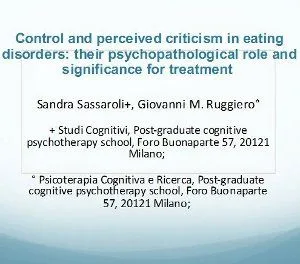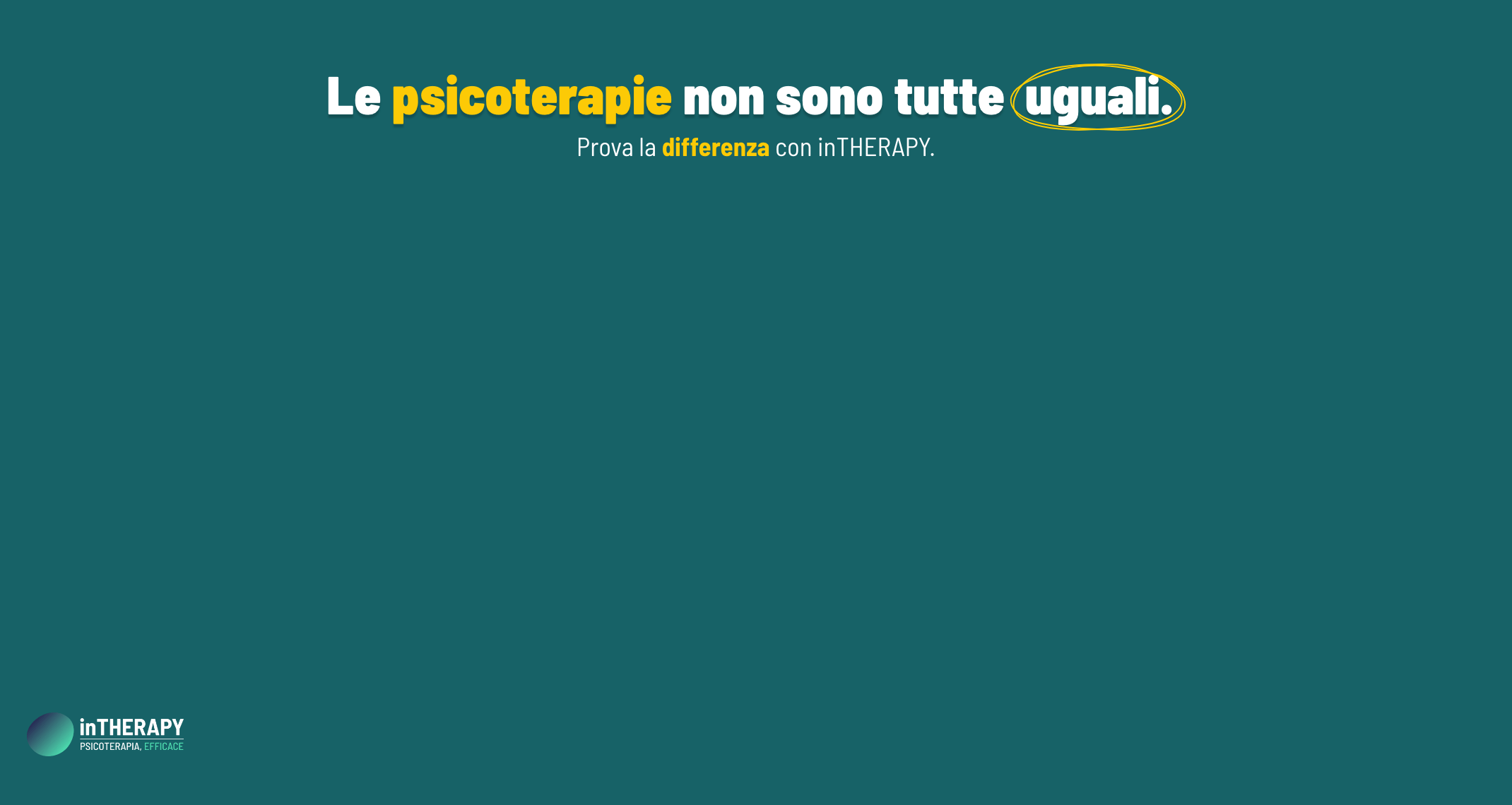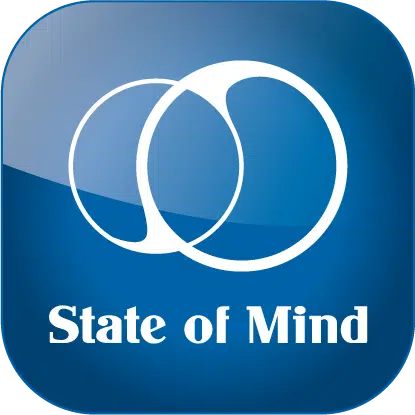Walter Vandereycken, Università di Leuven / Lovanio, Belgio.

The current constellations of symptoms comprising anorexia nervosa and bulimia nervosa are to be considered the latest – and conceivably not the last – variants in an ever-existing, but constantly changing pattern of disordered eating behavior. Preoccupations with weight and shape and the use of weight control strategies like dieting and self-induced vomiting, have acquired popular and medical attention relatively recently and predominantly in Western or westernized countries. Hence, in medicine, the specific syndromes of anorexia nervosa and bulimia nervosa appear to be relatively “modern” clinical entities. Our diet-culture started more than a century ago and it is going to be with us for many years to come, probably together with eating disorders, “old” or “new” ones…
More than a century after the first systematic clinical observations, eating disorders still induce quite opposite reactions in clinicians: their “therapeutic appetite” may be either stimulated or suppressed. A considerable number of health care professionals do not want to treat patients with eating disorders, mainly because of feelings of frustration and lack of empathy with these patients. Others devote their entire professional career to the research and/or treatment of eating disordered patients.
Why are these disorders so fascinating for some and so frustrating for others?

An ever-recurring pitfall in writings about one particular diagnostic category is the “uniformity myth”, i.e. the assumption of homogeneity. Such a myth can easily be detected when one asks a clinician to briefly describe the major characteristics of anorexia nervosa. We all have a prototype in our mind, a kind of typical model which has been imprinted in our memory when first hearing or learning of the disorder. A common anorectic prototype is the “skinny teenage girl refusing to eat”. If that picture becomes the leading image in our perception, we are likely not only to miss the diagnosis in several cases, but to mistreat many patients. Regardless of its diagnostic simplification into a DSM code, each person with an eating disorder reflects a complexity of biopsychosocial issues.
Nowhere in a medical discipline is the plurality of opinion as great as in psychiatry. Does this diversity reflect the appealing richness of the discipline or is it symptomatic for a hybrid professional identity? This colorful picture is even more striking in the management of eating disordered patients, including the whole spectrum of professionals and the most diverse therapeutic arsenal in health care. But what treatment,by whom is the best for which patient? Clinicians often want a kind of global positioning system tracing a variety of roads – the easiest, the fastest, and the most scenic – toward the desired goal. But for navigation in daily clinical practice, can science be the only reliable and useful guide?
Treatment for serious eating disorders can last many years and still its long-term outcome remains difficult to predict. So, how long should one go on with treatment trials? When does the disorder become chronic or “recalcitrant”? And what should we do for those patients who have “chosen” a life as an abstainer or a bulimic? Challenged by the reality of health care costs, be it in varying degrees depending on the health care system of the country involved, therapists dealing with seriously ill patients have to face some difficult decisions, both clinically and ethically, for which no clear-cut evidence-based guidelines exist.
Evidence-based medicine, in general, uses the double blind randomized controlled trial as the gold standard for judging the effectiveness of an intervention. The outcome of this type of research is then translated in algorithmic guidelines and manual-based treatments. For an increasing number of clinicians, only this approach can guarantee the scientific status of their work and safeguard the quality of care for a diversity of patients. For others, this scientific mainstreaming is experienced as the ultimate straitjacket squeezing their professional creativity into some form of pre-programmed practice. In recent years, the most challenging task in health care appears to be the fruitful merging of an evidence-based and an experienced-based approach. As in general medicine, this is the case in the field of eating disorders. Indeed, daily practice of working with eating disorder patients is not summarizable to some simple “do’s and don’ts”. Therefore, science cannot offer easy-to-use recipes. Clinicians still need a great deal of creativity and the ability to integrate the best current knowledge available.
Have you found a problem with the site? Leave us your feedback!







